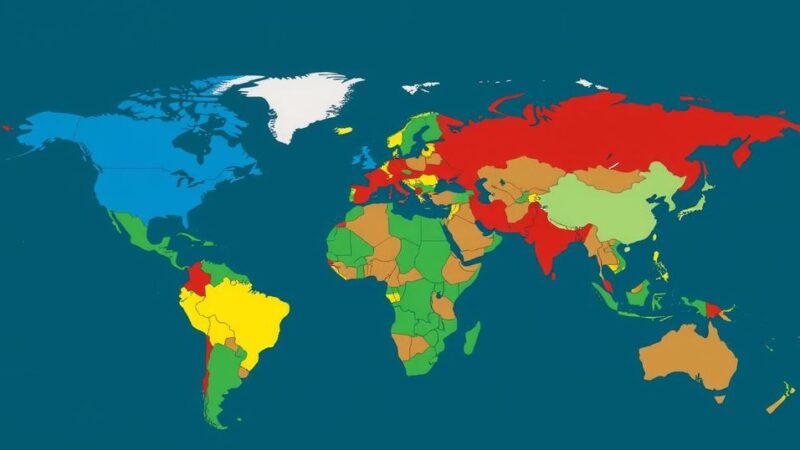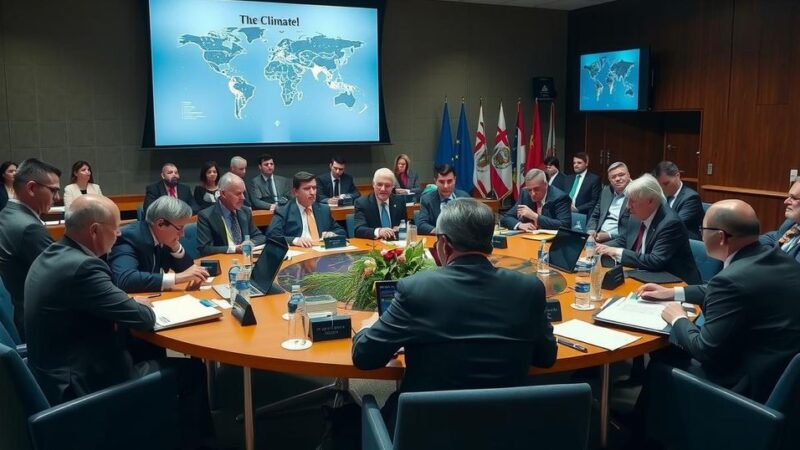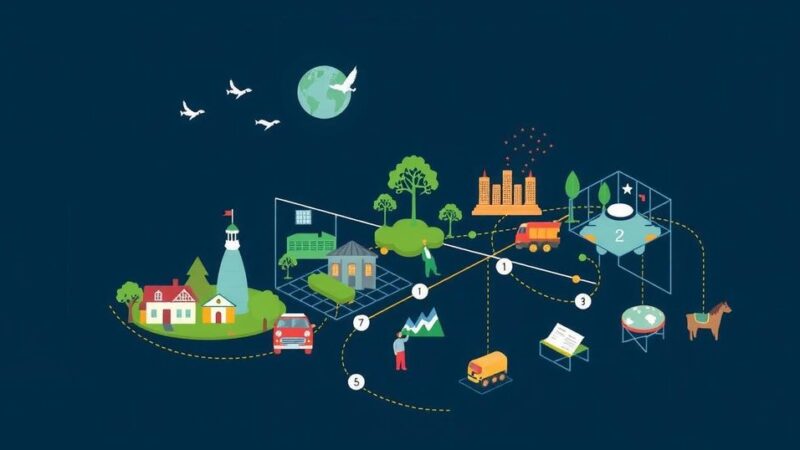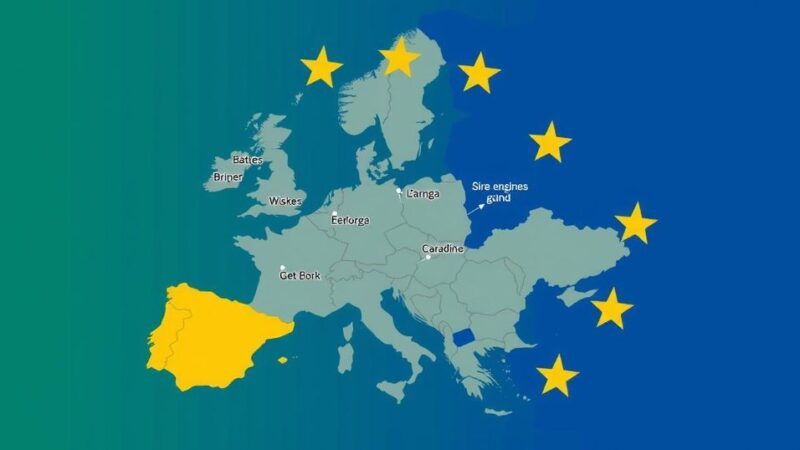At COP29 in Baku, wealthy nations increased their climate finance offer for developing nations to $300 billion annually, following dissatisfaction with a previous proposal of $250 billion. Negotiators worked overnight for a potential compromise, although developing countries highlighted that without substantial financial commitments, the talks might falter. The overarching goal remains to establish a collaborative approach to climate financing amid widespread challenges posed by climate change.
Negotiators at COP29, currently extended in Baku, are engaged in intense discussions regarding climate finance commitments for vulnerable nations. Wealthy countries have revised their offer from an initial $250 billion to $300 billion per year by 2035, in light of developing nations’ rejection of the earlier proposal. The conference’s urgency is heightened as representatives work tirelessly in response to escalating climate disasters, emphasizing the need for a robust financial framework to combat the climate crisis.
The COP29 summit is an essential event aimed at addressing climate change through international cooperation and finance commitments. With the current year on pace to be the warmest on record, developing nations advocate for significant financial support to address climate-induced adversities, such as increasing droughts and natural disasters. The discussions in Baku focus on reconciling the differing expectations of wealthier nations with the urgent financial needs expressed by developing countries for climate action to mitigate impacts of environmental degradation.
In summary, while there is cautious optimism surrounding the negotiations at COP29 due to the increased climate finance offer by wealthy nations, significant challenges remain. The stark need for a comprehensive climate finance framework that addresses developing nations’ demands without yielding to influential fossil fuel interests is critical for the success of these talks. As discussions continue, the commitment of wealthy nations will be pivotal in determining the outcomes of this pivotal summit.
Original Source: www.wionews.com






